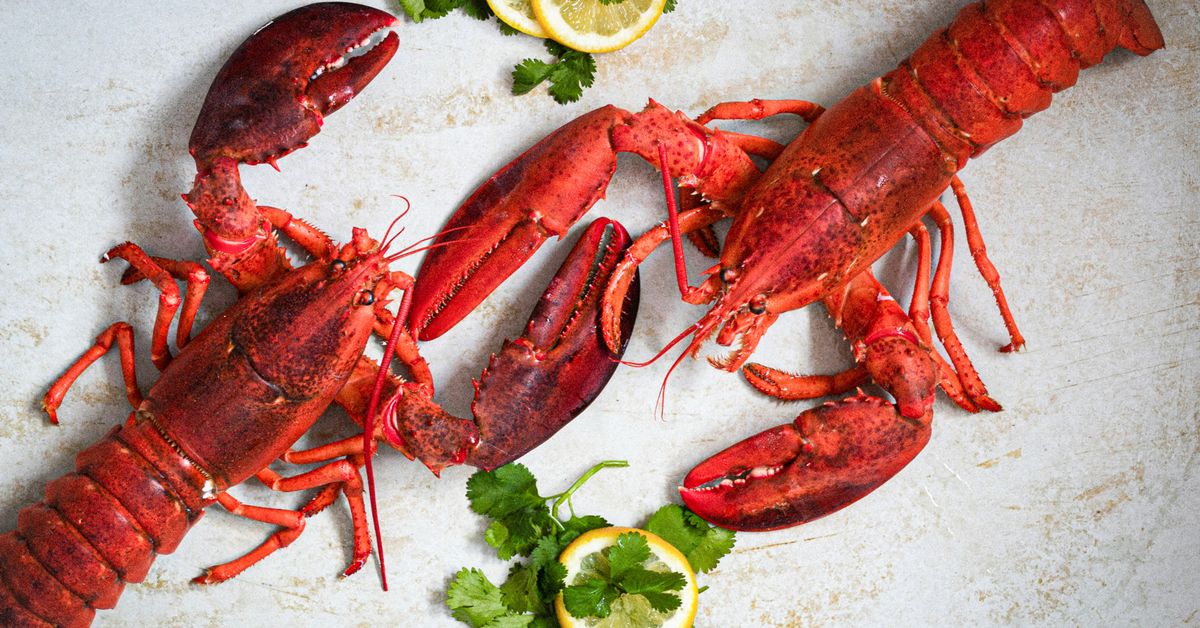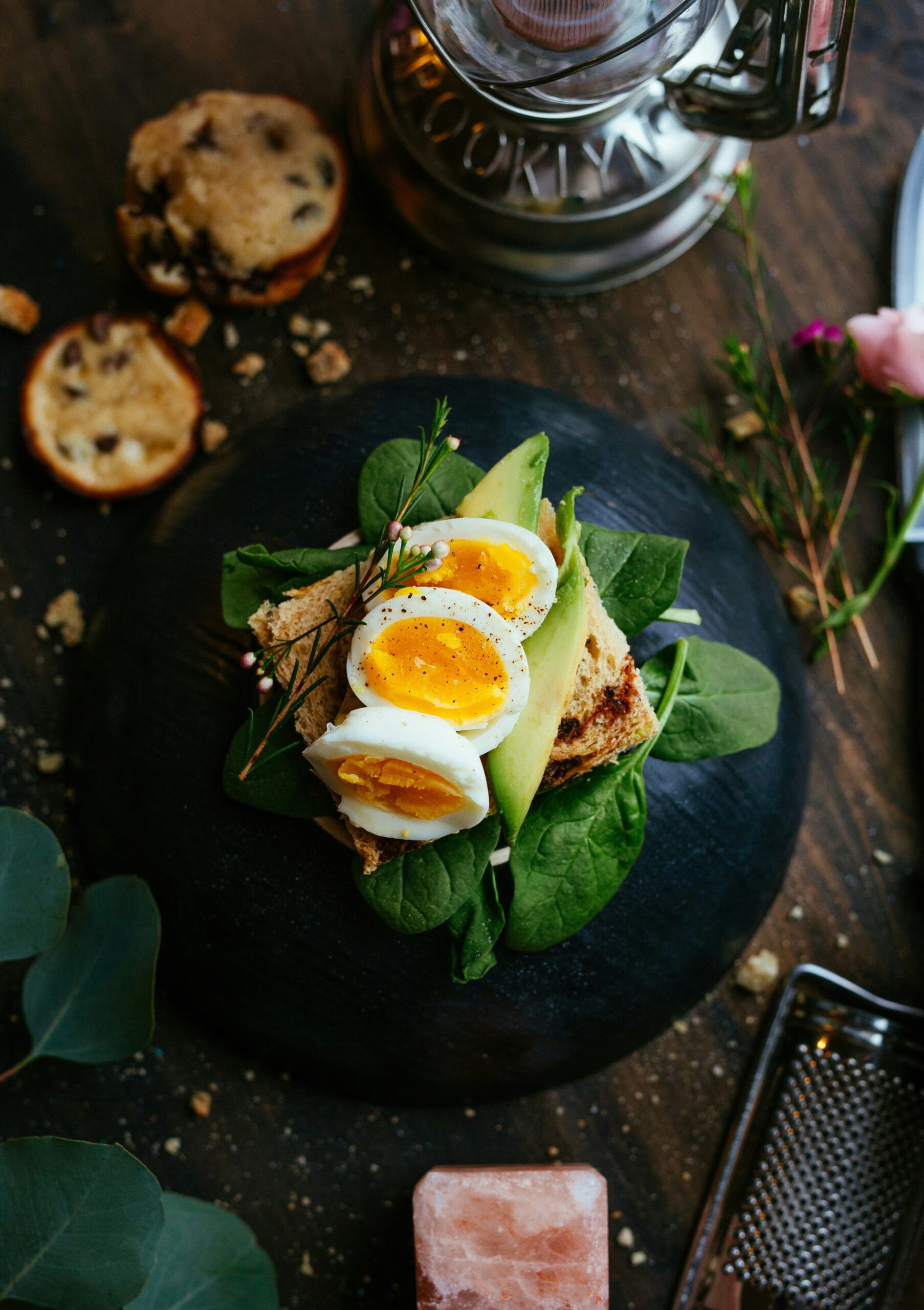Mastering the Art of Marinades: Insider Secrets for Juicier Meats and Seafood
When it comes to elevating your culinary game, few things can transform a simple piece of meat or seafood quite like a well-crafted marinade. The magic of marinades is not just in their flavor, but in their ability to enhance texture and moisture, making every bite a juicy delight. But how does one master this art? Let’s dive deep into the world of marinades, exploring the science behind them, sharing tips from culinary experts, and even throwing in a few personal anecdotes for good measure.
The Basics: What is a Marinade?
At its core, a marinade is a mixture of ingredients used to soak food—typically meats and seafood—before cooking. While the specific ingredients can vary widely, marinades generally consist of three key components:
- Acid: This can be vinegar, citrus juice, or even yogurt. The acid helps to break down proteins, tenderizing the meat.
- Oil: Oils not only add flavor but also help to keep the meat moist during cooking. Plus, oil acts as a carrier for the flavors in the marinade.
- Flavorings: These can include herbs, spices, garlic, onion, and even sweeteners like honey or brown sugar. This is where you can get creative!
Now, I remember the first time I attempted to create my own marinade. I was about 12, trying to impress my parents with a “fancy” dinner. Let’s just say my concoction—consisting mainly of ketchup and soy sauce—was more of a culinary disaster than a triumph. But here’s the beauty of cooking: even the worst mistakes can lead to delicious discoveries.
Why Marinade? The Science Behind the Flavor
Understanding the science behind marinades can help you appreciate their role in cooking. When marinade is applied to meat or seafood, the acid begins to denature the proteins. This process makes the proteins more tender and allows the flavors to penetrate deeper. But here’s a crucial tip: don’t marinate for too long. While you want the flavors to infuse, over-marinating can lead to mushy textures, particularly with seafood. A good rule of thumb is:
- Meat: 30 minutes to 24 hours
- Seafood: 15 to 30 minutes
Some studies suggest that marinades can reduce the formation of harmful compounds during grilling, making them not just a flavor enhancer but also a health-conscious choice—talk about a win-win!
Essential Marinade Ingredients: What to Use and Why
Let’s take a closer look at some quintessential ingredients that can make or break your marinade:
1. Acidic Bases
As mentioned, acids tenderize meat and add flavor. Common choices include:
- Vinegars: Balsamic, red wine, apple cider—each brings its own unique flavor profile.
- Citrus: Lemon, lime, and orange juices are all excellent choices. The zesty brightness can really elevate a dish!
- Yogurt: Particularly great for chicken and lamb, yogurt provides a creamy texture and tangy flavor.
2. Oils
Oils are essential for moisture and flavor. Here’s where you can get playful:
- Olive Oil: A classic choice that works well in almost any marinade.
- Sesame Oil: Perfect for Asian-inspired dishes, it gives a deep, nutty flavor.
- Coconut Oil: For those tropical vibes—great with seafood!
3. Flavorings
Now onto the fun bit! This is where you can truly personalize your marinades:
- Herbs: Fresh herbs like rosemary, thyme, and cilantro can add incredible depth.
- Spices: Think cumin, paprika, or even chili powder for a kick.
- Sweeteners: Honey, maple syrup, or brown sugar can balance out the acidity and add a touch of caramelization when cooked.
Creating Your Own Marinade: A Step-by-Step Guide
Creating your own marinade is like painting on a canvas—you get to mix and match flavors until you find a combination that sings. Here’s a simple step-by-step guide to get you started:
Step 1: Choose Your Protein
The type of meat or seafood you’re using will guide your marinade choice. Think about how the flavors will complement the natural taste of the protein. For instance, a robust steak might need a heartier marinade compared to a delicate piece of fish.
Step 2: Select the Acid
Pick an acid that matches your flavor profile. If you’re going for Mediterranean, lemon juice or red wine vinegar could be perfect. For Asian dishes, rice vinegar might be your best bet.
Step 3: Add the Oil
Use about 1/4 cup of oil for every cup of marinade. This will help to carry the flavors and keep the meat moist.
Step 4: Flavor It Up
Now’s the time to add herbs, spices, and other flavorings. Don’t be afraid to experiment! (I once added a pinch of cinnamon to a chicken marinade—it was surprisingly good!)
Step 5: Combine and Marinate
Mix it all together in a bowl or a resealable plastic bag, toss in your protein, and refrigerate. Just remember, timing is everything—too long, and you could ruin the texture.
Marinade Dos and Don’ts
Even seasoned chefs can make mistakes when it comes to marinades. Here are some dos and don’ts to keep in mind:
Do:
- Use fresh ingredients. They make a world of difference!
- Marinate in the fridge—not on the counter. Safety first!
- Save some marinade to baste while cooking (but only if you set some aside before adding raw protein!).
Don’t:
- Over-marinate, especially with seafood!
- Use metal containers for marinating acidic mixtures. Stick to glass or plastic to avoid a metallic taste.
- Rely solely on store-bought marinades. They can be convenient, but creating your own is often far superior.
Marinade Inspirations: Recipes to Try
If you’re feeling stuck, here are a few marinade ideas to spark your creativity:
1. Classic Herb and Garlic Marinade
This is a versatile marinade that works well with chicken, beef, or veggies.
- 1/4 cup olive oil
- 1/4 cup lemon juice
- 3 cloves garlic, minced
- 1 tablespoon fresh rosemary, chopped
- 1 tablespoon fresh thyme, chopped
- Salt and pepper to taste
2. Asian-Inspired Soy and Ginger Marinade
A perfect match for chicken or fish.
- 1/4 cup soy sauce
- 2 tablespoons sesame oil
- 2 tablespoons rice vinegar
- 1 tablespoon fresh ginger, grated
- 2 cloves garlic, minced
- 1 tablespoon honey
- 1 teaspoon red pepper flakes (if you like it spicy!)
3. Spicy Citrus Marinade
Great for shrimp or fish tacos.
- 1/4 cup lime juice
- 1/4 cup orange juice
- 1/4 cup olive oil
- 1 jalapeño, minced
- 1 tablespoon cilantro, chopped
- Salt and pepper to taste
Marinades for Grilling: Tips for the Perfect Cook
Grilling is an art form, and a good marinade can make all the difference. Here are some tips to ensure your grilled meats and seafood shine:
1. Preheat Your Grill
A hot grill is essential for that beautiful sear and to lock in the juices. Aim for a temperature of about 400°F to 450°F.
2. Don’t Overcrowd the Grill
Give your meat space to breathe! Overcrowding can lead to steaming instead of grilling, which can ruin that perfect char you’re after.
3. Baste Wisely
If you saved some marinade for basting, now’s your chance! Just remember to use a clean brush to avoid cross-contamination.
4. Let it Rest
After grilling, allow the meat to rest for a few minutes. This helps the juices redistribute, yielding a juicier final product.
Marinades Beyond Meat: Vegetables and Tofu
Don’t overlook the power of marinades for veggies and plant-based proteins! Tofu, in particular, can be a flavor sponge when marinated correctly. Here’s how to enhance your vegetarian dishes:
- Firm Tofu: Use a heavy marinade and let it sit for at least an hour—preferably overnight.
- Vegetables: Consider marinating veggies like bell peppers, zucchini, or mushrooms for about 30 minutes before grilling. They absorb flavors beautifully!
- Grilling Tips: Use skewers to keep smaller veggies from falling through the grill grates.
Conclusion: The Joy of Experimentation
Mastering marinades is about more than just following a recipe; it’s about experimenting and discovering what works for your palate. Each time you marinate, you have the opportunity to create something new and exciting. The beauty lies in the process—so don’t be afraid to get your hands dirty and dive into the world of flavors!
As I sit here reflecting on my journey with marinades, I realize that they are not just culinary tools but a way to share love and creativity through food. So grab that bottle of olive oil, squeeze some citrus, and let your taste buds guide you. Happy marinating!




